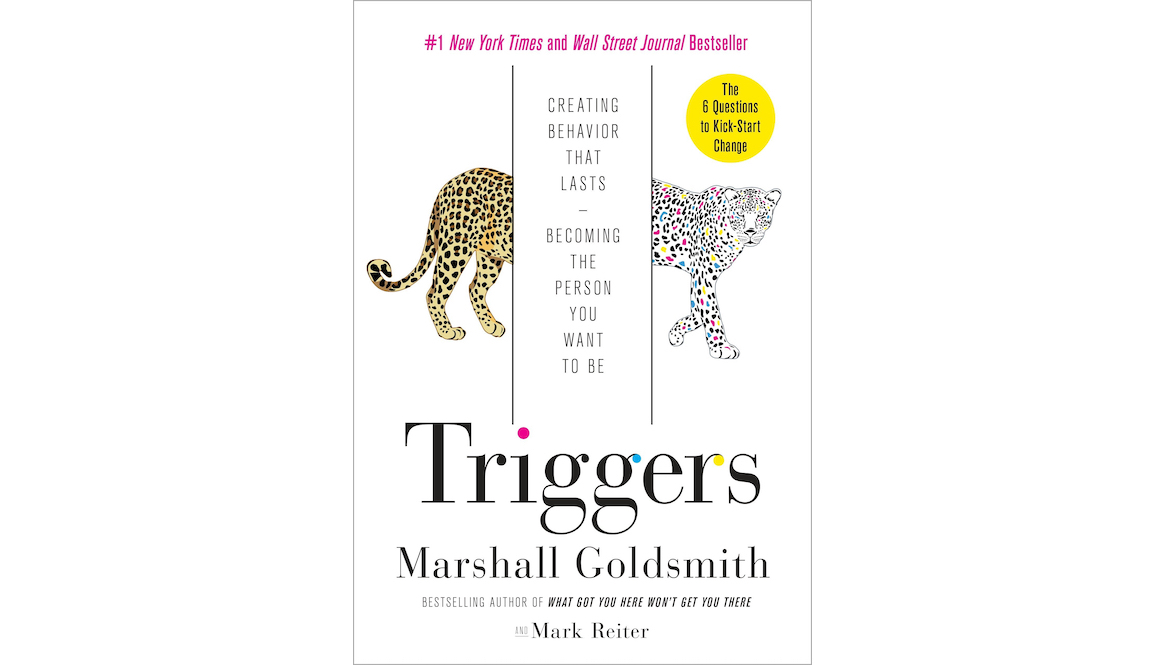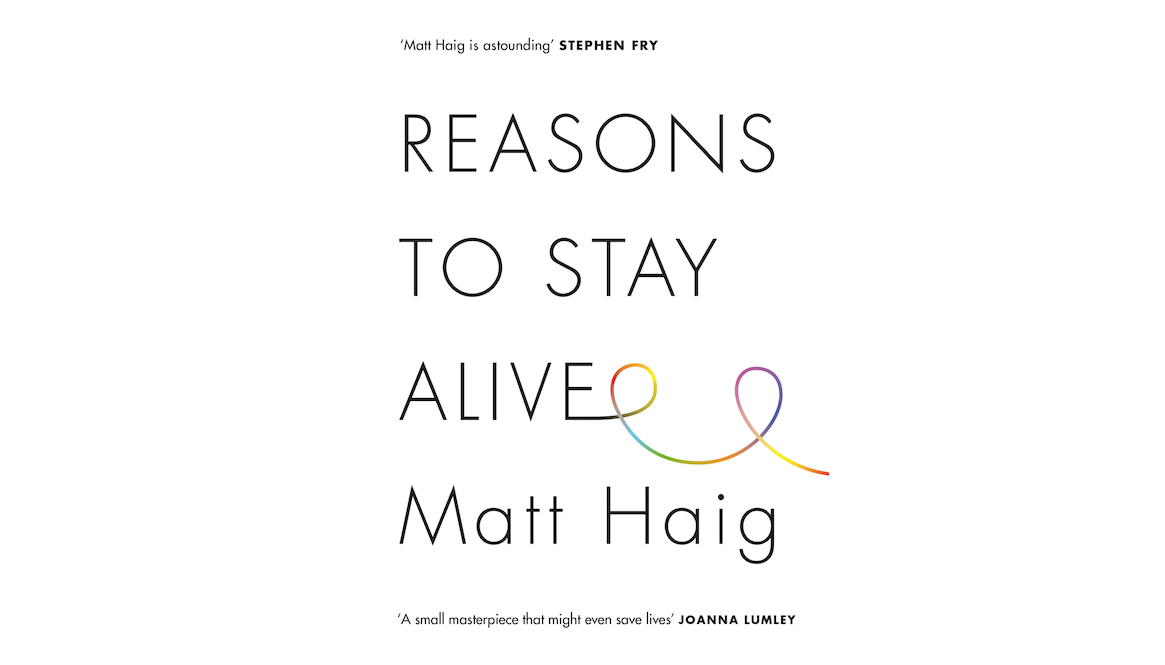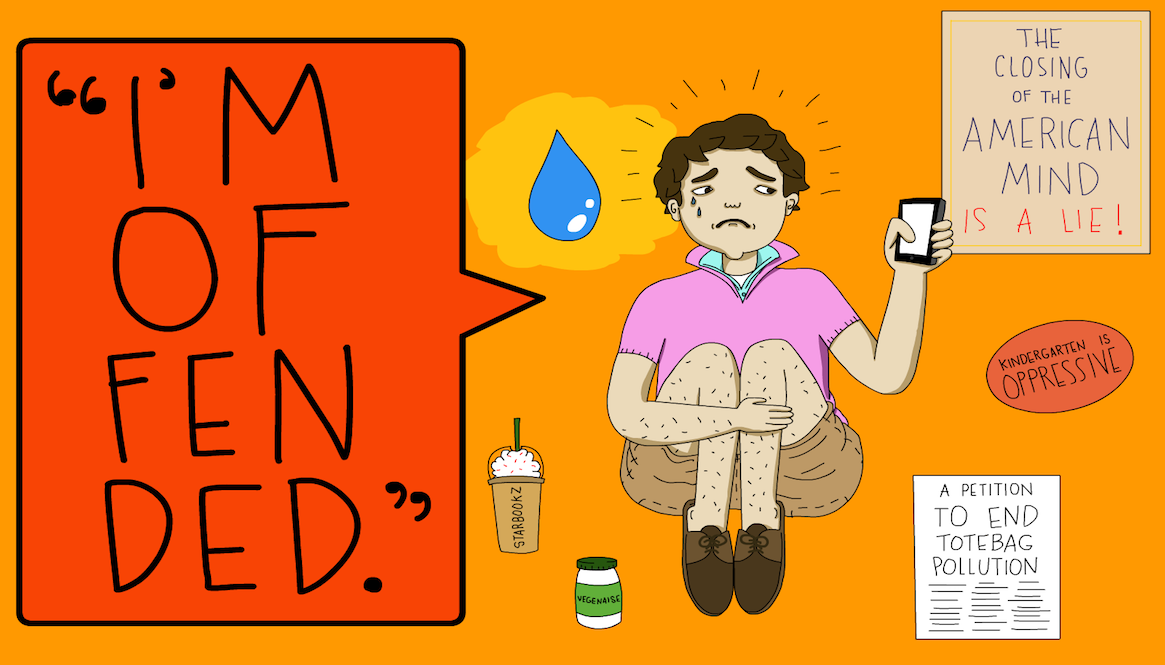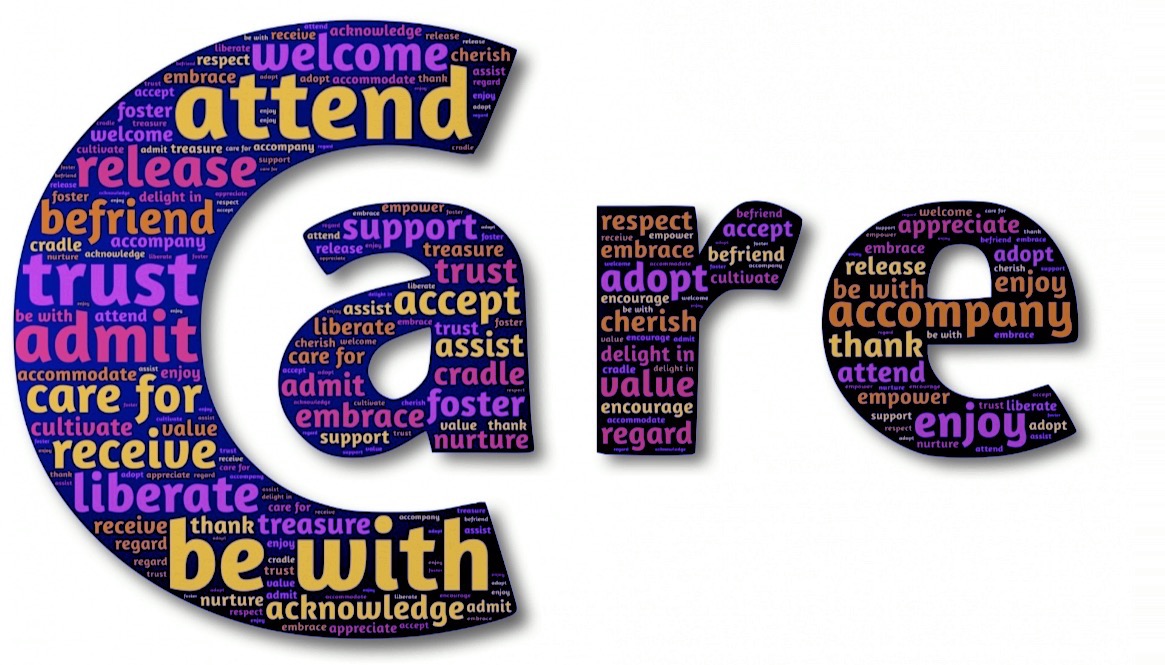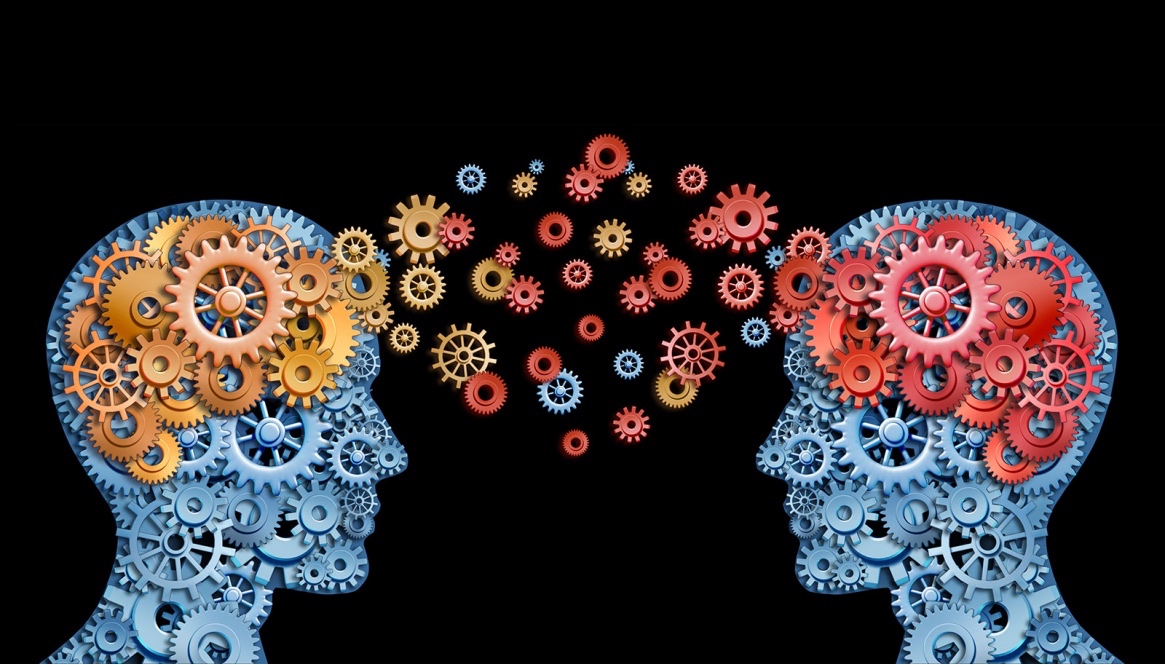The term freedom of expression, which includes freedom of speech, has been thrown around a lot lately, from university campuses to grocery stores to courtrooms. But do we even know what it means to have freedom of expression or what that freedom looks like? Let’s start with Article 19 of the Universal Declaration of Human Rights (1):
Everyone has the right to freedom of opinion and expression; this right includes freedom to hold opinions without interference and to seek, receive and impart information and ideas through any media and regardless of frontiers.
Article 19 of the Universal Declaration in and of itself does not impose any limits on freedom of expression. Neither does the First Amendment of the US constitution (2):
Congress shall make no law respecting an establishment of religion, or prohibiting the free exercise thereof; or abridging the freedom of speech, or of the press; or the right of the people peaceably to assemble, and to petition the Government for a redress of grievances.
Before we delve into the intricacies of freedom of expression, I should warn you that this post will probably ask more questions than provide answers; this is intentional. The reason for that is, first of all, I do not have a formal training in law. Secondly, the main purpose of this post is to actually ignite discussion and conversation. The other purpose of this discussion is to challenge us to think more deeply about what we think we know and what other explanations can tell us. Ultimately, we all must come to our own conclusions.
Freedom of expression is a two-way street
Freedom of expression should apply to all humans (even though some autocratic governments might disagree with this), so everyone has the same freedom to express their opinions. That also means we have the freedom to challenge and critique each other’s opinion. Challenging an opinion is a form of expression. Freedom of expression doesn’t mean one can say whatever they want and then get mad when someone challenges their opinion. If one chooses to put their thoughts and opinions out there, they are also inviting those thoughts and opinions to be critiqued.
Freedom of expression doesn’t mean we are free from consequences that arise from things we say or opinions we express. This is not a limitation of freedom of expression. This is merely being responsible for our actions and expressions. If someone expresses a hateful opinion and loses their job because of it, that is not a limitation of their freedom of expression, that is them being held accountable for something they have said. Suppose you are sitting in a crowded theatre (hopefully in a world without COVID). Someone decides to exercise their freedom of expression and yell “fire,” out of nowhere. Everyone panics and rushes towards an exit. On their way out a few people get injured in the chaos. Should we hold the person who yelled “fire” accountable or should we say since they had the freedom to express their opinion, that’s totally fine? (3)
Freedom of expression is a basic human right and thus, all of us humans should have the right to it. (1) To ensure that is the case, we have laws so that our collective freedom of expression is protected. Some people might argue that adding more laws, for example banning hate speech, fraud or obscenity, is jeopardizing our freedom of expression. While it might be technically true that by adding laws, we could be limiting the freedom of expression for some, there is a very simple answer for that: We live in societies and we are bound to have clashes between each other’s freedoms. Those laws are there to protect us in case of these clashes.
Tyranny of the majority
One major flaw that has been attributed to majority rule is that it can give rise to the tyranny of the majority. (4) If you are in the majority, chances are you enjoy the benefit of having elected representatives pass the kinds of laws you support, you have the freedom to express yourself more easily, have more people that agree with your opinions, your opinions have (most probably) been previously expressed by others and you don’t have to go through the trouble of advocating for them, and your basic rights are protected without having to go through multiple hoops. In many cases, minority groups would have to advocate for the same rights the majority readily enjoys. For an example, refer to the case of civil rights protections for transgender workers that was just recently ruled by the US Supreme Court. (5)
Over the years, we have realized that democracy should protect the rights of the minorities as well as the rights of the majority. Therefore, some countries have divided the power structure into legislative, executive and judiciary branches. Some have conducted (or have learned to conduct) consultations with minority groups before proceeding with projects that affect them (for example, when choosing team names that make use of terms related to indigenous peoples or building pipelines that pass through indigenous reserves). Some have introduced pieces of law such as Bill of Rights and some have given minority groups platforms to express themselves and to advocate for their rights.
Social media platforms have been a double-edged sword in this regard. On the one hand, they have given a platform to minorities to freely express themselves. On the other hand, their algorithms have been designed to show the “best/hottest/most upvoted” comment at the top (i.e. majority’s opinion) and to learn the most from the data that is abundantly available (i.e. data from the majority), which accentuates the majority’s opinions and thoughts. This goes more into the concept of bias and more specifically, confirmation bias, which is beyond the purpose of this post (refer to further reading items 7 and 8). All of this is to say that freedom of expression should include everyone, and that means minorities are included as well.
Academic freedom
There is a lot of debate going on between opponents and proponents of unlimited freedom of expression in academia. Should there be a limit to our freedom to express? If so, who gets to decide where that line is drawn? In fact, I would argue that we are not debating free speech, but rather where and how to draw a line between morally acceptable and morally unacceptable speech.
Universities have been under scrutiny for not letting specific talks and/or debates to happen on their campuses. Students are scrutinized for being “snowflakes” and being triggered by opposing opinions. Some argue that universities are marketplaces for ideas and should let controversial debates happen for people to make their decisions themselves. I do believe that universities are the breeding grounds for opinions, and different types of opinions should be allowed to be expressed and subsequently analyzed and challenged. However, universities are where knowledge grows. For knowledge to grow, we need well-informed and reasoned ideas to come to fruition and for that to happen, we need open-minded debates, not name-callings and hate speech. Again, the question is: what is considered hate speech and what is not?
As far as the human rights declaration and the US constitution go, there are no lines drawn for hate speech and understandably so. These are discussed in case laws and legislations that define and rule on hate speech. For instance, Canada has specific human rights legislations and multiple case laws on this matter. (6)
If a speaker has a history of name-calling, racist and sexist speech and is not there to actually further the realm of knowledge, I’m not sure what the benefit of that person speaking on a university campus is. If our initial reasoning for them being there was to have an open discussion and challenge people to think, hate speech is not conducive to that. For example, how is calling a specific race “lazy” or a specific gender “not real” going to help spark an open debate?
Most college students in the US, when surveyed, agreed that they want hate speech banned. The numbers are higher when you ask minority students. (7) You know why? I suspect (keyword being suspect) that these students are probably the ones that are being attacked in those name-callings and discriminatory speeches. So, who should we listen to when inviting speakers to campuses? The students who are going to listen and learn from them, people who might be affected or victimized by this kind of expression, or the people outside of colleges that probably have no relations whatsoever to students or the affected individuals? Students might be biased, sure, but as are the people who are not directly involved with campuses.
Asking speakers who are going to be speaking on campuses to use the correct terminology (for example gender vs sex or indigenous vs native) is not banning free speech, it’s making sure that the campuses are actually a breeding ground for knowledge, and not for hate or for incorrect assertions. We won’t invite someone who doesn’t know the difference between theory and hypothesis to speak to us about genetics, because arguably this person doesn’t know how science works and we wouldn’t want them spreading false information. With the same logic, why should we invite someone to talk about gender, when they don’t know the difference between gender and sex? And you can easily generalize this to other fields as well.
It’s not just about freedom of expression
Reducing all human rights to only freedom of expression is misguided and short-sighted at best. Basic human rights include many other freedoms and rights as well. Articles 5 and 12 of the human rights declaration, respectively, assert (1):
No one shall be subjected to torture or to cruel, inhuman or degrading treatment or punishment.
(emphasis mine)
No one shall be subjected to arbitrary interference with his privacy, family, home or correspondence, nor to attacks upon his honour and reputation. Everyone has the right to the protection of the law against such interference or attacks.
This means that people’s reputation is also a protected human right and one can’t just attack someone’s reputation citing freedom of expression and their rights. The world and our interactions with it, its components and other humans are much more complex than one would think. We can’t just reduce them to one article of the human rights declaration (or even a few articles, for that matter) and call it a day. Even the declaration itself is general at best and we need detailed laws and regulations to govern those interactions. A question to think about is: what if my right to freely practice my religion infringes upon your right to security or vice versa? The declaration does not have answer for this. This is something that legislations and case laws would deal with.
Freedom of thought, belief (including religion and lack thereof), opinion and expression are protected in many countries. These countries have laws to protect specific populations and actions as well. For example, perjury, counselling suicide and creating child pornography are expressions but are not allowed in Canada, as well as many other countries. (6) I would be very surprised if the people who think we shouldn’t have limits on freedom of expression would also support the creation of child pornography. Again, the question is: where do we draw the line?
Another point worth making here is that specific types of racist, sexist and xenophobic speech can make a hierarchy of human worth and that is also against the human rights declaration. It is a running thread in the declaration that all humans are equal in rights and there is no hierarchy between them. Someone degrading a certain race or claiming that a specific race is good at math or is stronger than other races is not only making a hierarchy of humans but also reducing those groups of people to those specific traits. These might be considered microaggressions in the short-term, but there are long-term consequences as well. What if a member of that group is not good at math or is not stronger than their peers? Wouldn’t that make them feel less than their peers? So, not only does this make a hierarchy of humans based on which groups they are a member of, it also makes a hierarchy within those groups. As a matter of fact, I don’t see what good would come out of expressing these (false) claims in the first place.
Some more examples to think about
Most of you might remember the bakery that refused to bake a cake for a homosexual couple’s wedding. At the time, the camp of people supporting the bakery claimed that this was OK, because “it was based on their values” and that businesses should not be pushed to do things they don’t want to do. This most probably was coming from a place of privilege. People in that camp were probably not refused services because of their identity. I don’t think these people would have been OK with that bakery refusing to provide services to white people or people of colour or bald people or men or tall people, and the list can go on.
This debate came up again during the current COVID pandemic, when specific businesses decided that they will require a mask for customers to enter their premises. I can’t say for sure where the people that thought the bakery had the right to refuse specific customers would stand on the issue of masking. However, if we agree that businesses have the right to refuse a specific group, what they are doing now is essentially that. They are freely expressing themselves, as are the people not wearing masks. But the consequence of not wearing a mask in this situation is the businesses not allowing them into their premises, which is a right they hold as well.
I would argue here that the difference between the bakery’s refusal to bake a cake for a homosexual couple and a business’s denial of services to people not wearing masks is a bit deeper than that. The bakery in question refused a specific group based on their identity, something the customers do not have control over (refer to the examples above). A business requiring customers to wear masks is refusing a specific group based on something they have almost full control over: wearing a mask or not wearing one for a short period of time (for example, while they are shopping). One can argue that there are people that might have trouble wearing a mask and I’m not denying that. However, there is good evidence that no healthy person should have a problem wearing masks. If someone is unhealthy enough that can’t wear a mask, they should be isolating themselves, because chances are, they are the most susceptible to getting infected by the SARS-CoV2 virus.
Another example that comes to mind in terms of freedom of expression is kneeling during the national anthem. Is it OK for someone to kneel during the national anthem? Is that not freedom of expression? If this is OK, can someone kneel as a form of protest to show their dissatisfaction with something? If yes, how minor or serious does that dissatisfaction need to be for this to be OK? Is burning the flag of another country OK? If yes, under what circumstances? Is it OK to burn your own country’s flag? If yes, when and why? You see, there are a lot of questions and there may not be simple yes or no answers for them. Most of these are ethical questions and their complexities stem from the fact that the world we live in is too complex for us to answer questions like these with a simple yes or no.
I hope this post got you thinking about this matter a little further and I would be happy for you to exercise your right to freedom of expression in the comments section and let me know what you think. Please feel free to share this article with others and ignite conversations in your circles.
I would like to thank Spencer Millis for his edits to this article. You can see his articles on conversion therapy ban and universal basic income, here and here, respectively.
References
- https://www.un.org/en/universal-declaration-human-rights
- https://constitution.congress.gov/constitution/amendment-1
- https://www.nytimes.com/2018/09/12/learning/why-is-freedom-of-speech-an-important-right-when-if-ever-can-it-be-limited.html
- https://archive.org/details/onliberty02millgoog
- https://www.supremecourt.gov/opinions/19pdf/17-1618_hfci.pdf
- https://lop.parl.ca/sites/PublicWebsite/default/en_CA/ResearchPublications/201825E
- https://www.aaup.org/article/tale-two-arguments-about-free-speech-campus
Further Reading
- https://www.dw.com/en/opinion-the-clear-line-between-hate-speech-and-free-speech/a-51393218
- https://theconversation.com/there-are-differences-between-free-speech-hate-speech-and-academic-freedom-and-they-matter-124764
- https://theweek.com/articles/829136/free-speech-debate-isnt-about-free-speech
- https://www.npr.org/2018/06/01/616085863/free-speech-vs-hate-speech
- https://plato.stanford.edu/entries/freedom-speech/
- https://www.theatlantic.com/magazine/archive/2015/09/the-coddling-of-the-american-mind/399356/
- https://www.newyorker.com/magazine/2017/02/27/why-facts-dont-change-our-minds
- https://fs.blog/2017/05/confirmation-bias/

